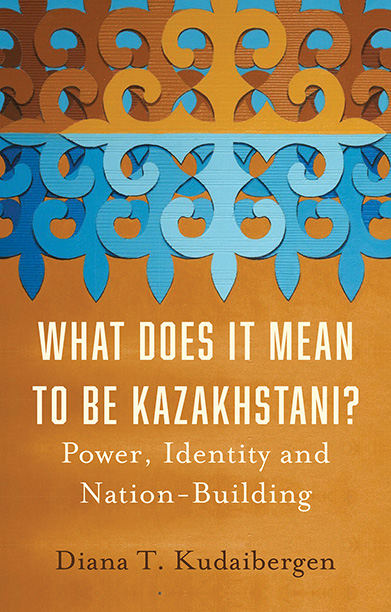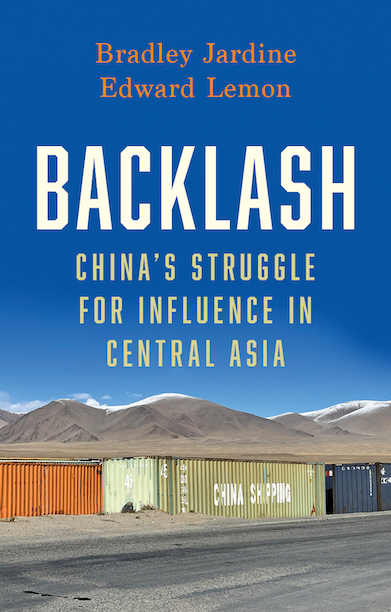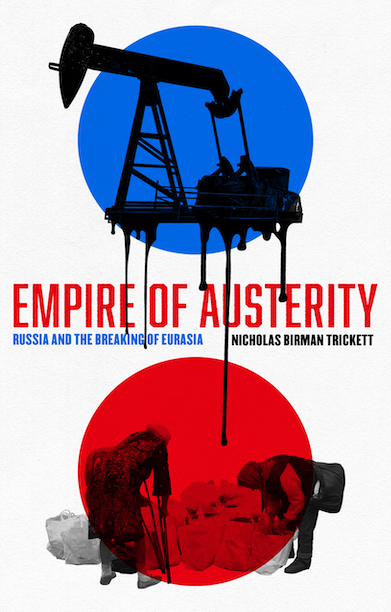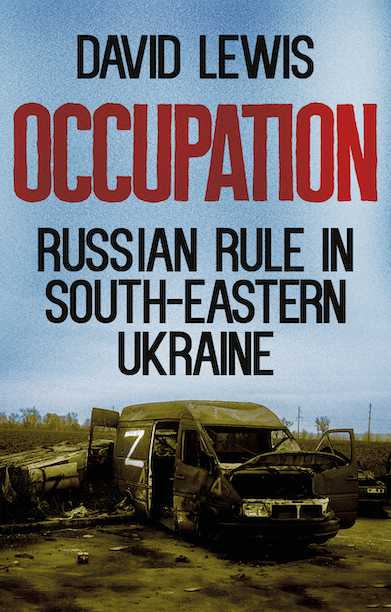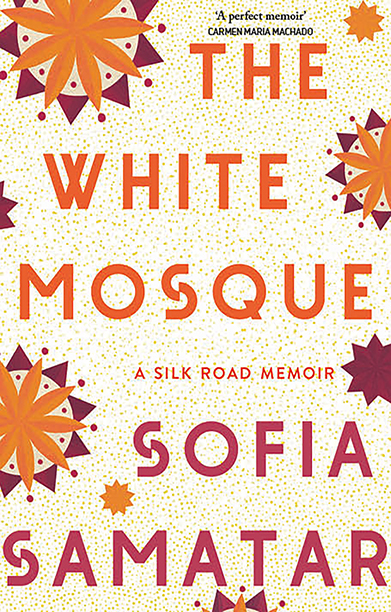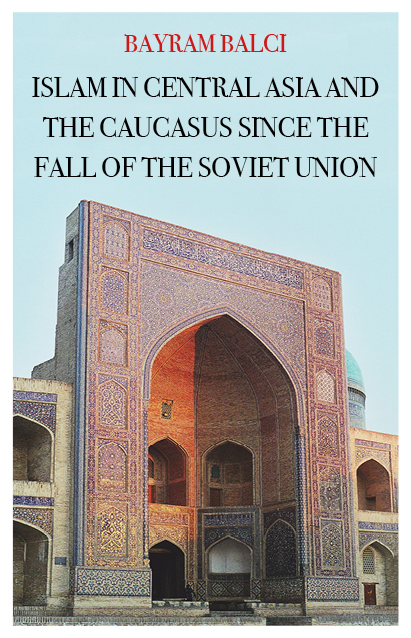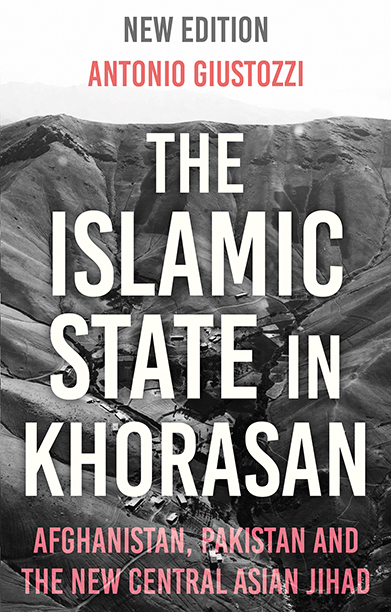What Does It Mean to Be Kazakhstani?
Power, Identity and Nation-Building
Part of the New Perspectives on Eastern Europe and Eurasia seriesAn in-depth study of this Central Asian nation’s evolution since 1991, exploring how ethnicity, war and internal unrest are shaping and reshaping Kazakh identity.
Description
In early 2022, protests rocked Kazakhstan. Initially peaceful demonstrations soon turned violent after brutal government crackdowns, leaving at least 238 dead during ‘Bloody January’. But despite fears that Kazakhstan might split along ethno-linguistic lines, ethnicity played little role in the unrest: deep socio- economic problems and anti-regime grievances pushed protestors onto the streets.
More than thirty years since declaring independence, multi-ethnic Kazakhstan is still grappling with its nationhood. While secessionist movements provoked ethnic conflicts, territorial disputes and civil wars across the former USSR, Kazakhstan de- veloped a relatively stable inter-ethnic policy, and predicted Russo–Kazakh tensions largely failed to materialise. Analysing the multiple narratives, actors and often contradictory feelings of national belonging in post-1991 Kazakhstan, Diana T. Kudaibergen investigates why Kazakhstani nation-building is so unusual. Has Kazakh society found a solution to divisive ethno-nationalism? How have ordinary citizens shaped their identities? And how will Moscow’s 2022 invasion of Ukraine, which has led to widespread Russian immigration into Kazakhstan, impact inter-ethnic dynamics?
Kudaibergen builds on unpublished archival materials and hundreds of interviews to explore the ‘hybrid’ nature of nation-building in this complex country. While regime elites promote a top-down civic identity, domestic unrest and pluralistic opposition movements are once again transforming the category ‘Kazakhstani’.
Reviews
‘An excellent exploration of the multiple meanings of being Kazakhstani. Kudaibergen offers us a sophisticated and granular approach to the fluidity and hybridity of national identity, their lived experiences and their contestation.’ — Marlene Laruelle, Research Professor of International Affairs and Political Science, Elliott School of International Affairs, and author of Central Peripheries: Nationhood in Central Asia
‘With an engaging and reflective style, this book captures the reader like a novel. Based on archival sources and a myriad of interviews, it gives space to those actors who are frequently left without a voice in mainstream scholarship. An amazing read.’ — Assel Tutumlu, Associate Professor in Political Science, Near East University, and co-editor of
‘This original, engaging book provides the vocabulary to speak about complex, hybrid and entangled identities. Kudaibergen’s analysis is bold and uncompromising, refusing to shy away from topics which previously were only whispered about. Urgent and much-needed.’ — Selbi Durdiyeva, Center for Conflict Studies, Philipps University Marburg, and author of The Role of Civil Society in Transitional Justice
‘Blending rich description from the author’s personal experience with insights from years of dedicated scholarship, this book deftly speaks to the intricacies of common people navigating Kazakhstan’s “no-longer-postsoviet” identity landscape. A must-read for anyone interested in Central Asia.’ — Alexander Diener, Professor of Geography, University of Kansas, and author of Invisible Borders in a Bordered World: Power, Mobility, and Belonging
‘In this smart, wide-ranging, informative and deeply personal account of culture, society and politics in Kazakhstan, Kudaibergen brilliantly captures the ever-changing post-colonial experience. Engagingly written, this is a must-read for students of Kazakhstan, Central Asia and decolonial studies.’ — Edward Schatz, Director of the Centre for European, Russian and Eurasian Studies, University of Toronto, and author of Slow Anti-Americanism: Social Movements and Symbolic Politics in Central Asia
Author(s)
Diana T. Kudaibergen is Lecturer in Central Asian Politics and Society at the School of Slavonic and East European Studies, University College London. She is the author of Rewriting the Nation in Modern Kazakh Literature; Toward Nationalizing Regimes: Conceptualizing Power and Identity in the Post-Soviet Realm and many articles on nation- building, identity and protest in the former USSR.
